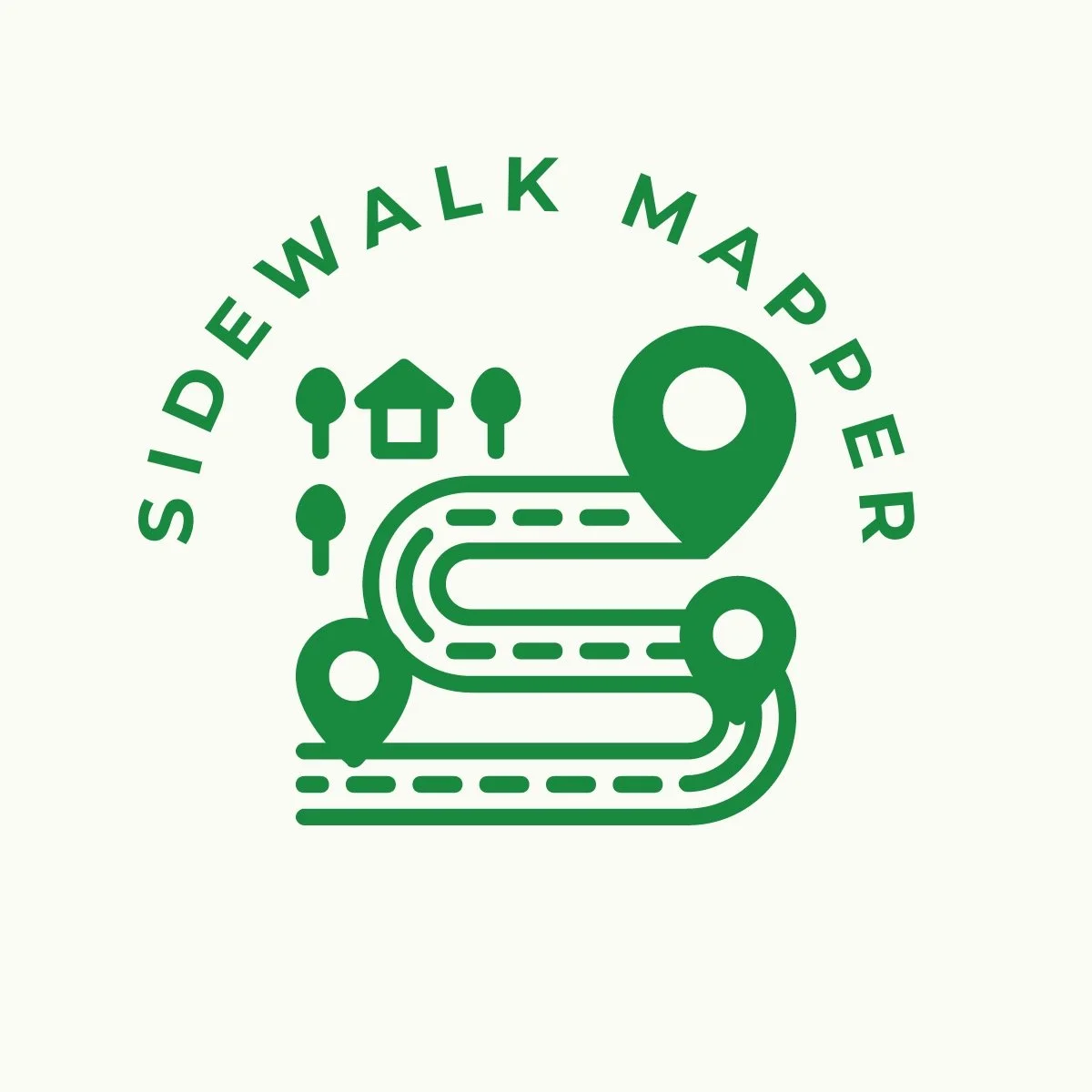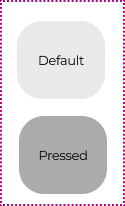Sidewalk Mapper
An app designed to gamify improving accessibility and walkability of sidewalks in urban areas.
A medium fidelity Prototype
Scroll ↓
A Pew Research survey shows that over half of adults under 30 prefer walkable cities, yet most U.S. communities are designed for cars (AEI).
Walkable cities offer health advantages, economic boosts to local business, and improvements in air quality- highlighting a clear opportunity to enhance the ubiquity of sidewalks in American cities.
Project Objective
To improve the quality and accessibility of sidewalks in urban areas by allowing users to report and map sidewalk damage using an interactive app.
The app then sends an autogenerated message to the users local representatives
Goal
Role
Product Designer
UX Research
Interaction Design
Visual Design
Prototyping
Tools
Figma
Miro
Timeline
4 Weeks
Step 1-
Understanding The User
To ensure the Sidewalk Mapper app effectively meets user needs, I conducted a comprehensive user research process. This included both qualitative and quantitative methods, combining data from online communities (such as Reddit) with direct user interviews.
Key Insights
Engagement Barriers: Users were generally hesitant to report sidewalk damage due to the cumbersome nature of current reporting systems. They wanted a more intuitive, less time-consuming method.
Community Involvement: A sense of community engagement was identified as a motivating factor. Gamified elements, such as earning points for reporting or competing in neighborhood challenges, were seen as potential drivers for participation.
Safety Concerns: Many users expressed concerns about the safety of sidewalks, particularly for children and elderly citizens. Sidewalk cracks, uneven surfaces, and a lack of curb ramps were frequently mentioned.








